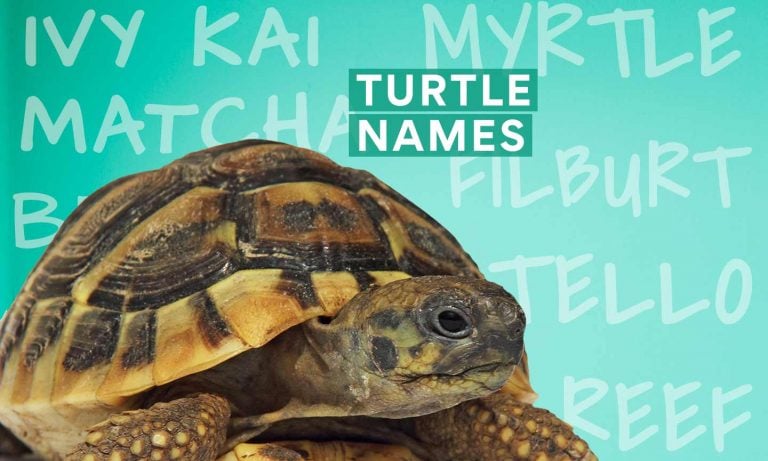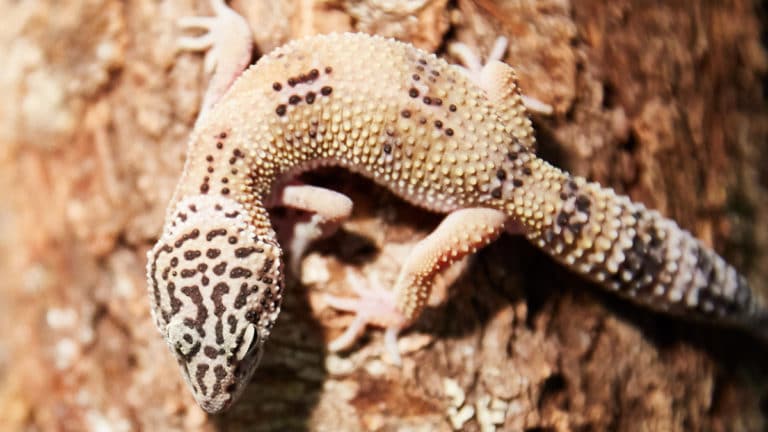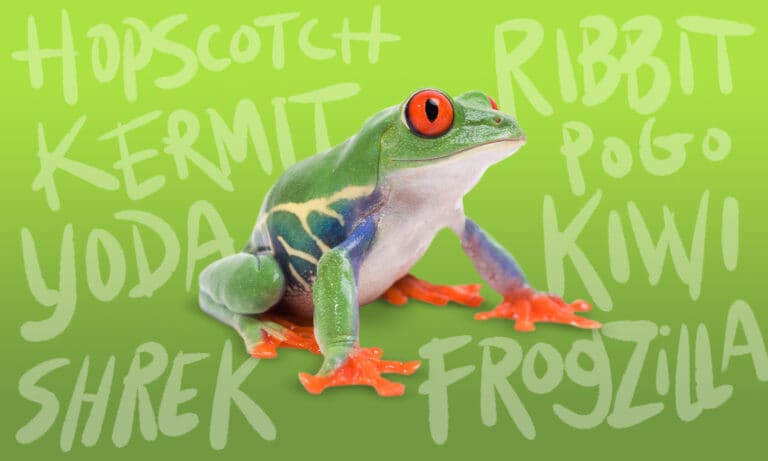In This Guide:
How Long Can Turtles and Tortoises Live?
Turtles and tortoises have varying lifespans from species to species.
“Some of the longest-lived animals on the planet are tortoises,” says Karen Rosenthal, DVM, MS, vice president of medical education and an educator of exotic animal medicine at Veterinary Emergency Group in White Plains, New York.
The average lifespan of a tortoise varies widely, depending on the species, diet, and care they receive. Some tortoises who are kept as pets with proper care can enjoy very long lives; many are capable of living 100 years.
Here are some popular pet tortoise species and their average lifespans:
Sulcata tortoise, aka African spurred tortoise
50-100+ years
Leopard tortoise
50-100 years
Russian tortoise, aka Horsfield’s tortoise or Afghan tortoise
40+ years
Greek tortoise
100+ years
Hermann’s tortoise
30-75 years
Red-footed tortoise
50+ years
Egyptian tortoise
Up to 26 years
Aldabra tortoise
150+ years
Generally, turtles live 20 years or more, and they can live longer when cared for properly. Also, different species of terrestrial and aquatic turtles will have different lifespans.
Here are some popular turtle species that are kept as pets, along with their average lifespans:
Red-eared slider
20-40 years
Yellow-bellied slider
25-30 years
Diamondback terrapin
25-40 years
Eastern box turtle
25-100 years
Ornate box turtle
30-40 years
Chinese box turtle
20-40 years
Painted turtle
25-50 years
Mississippi map turtle
15-30+ years
Spiny softshell turtle
50 years
Eastern mud turtle
50 years
Spotted turtle
50-100+ years
Chinese pond turtle, aka Reeves’ turtle
10-20+ years
Fun Fact: Who is the longest-lived turtle or tortoise in history?
The oldest living land animal on Earth, and the oldest turtle in recorded history, is Jonathan the Seychelles giant tortoise, who turned 191 years old in 2023. He might even be older, as experts aren’t sure of his exact birth date. He was born around 1832 in Seychelles before being brought to St. Helena Island in 1882. The average life expectancy for his species is 150 years.
Why Do Turtles and Tortoises Live So Long?
Several factors may play a role in the longevity of chelonians (turtles, tortoises, and terrapins), from sea turtles in the ocean to giant tortoises on land.
One explanation is that they have a slow metabolism and a slower heart rate compared to other animals. Researchers have also found that they have a slower rate of aging; start reproducing at an older age; and have protective shells, all of which may contribute to their long lives.
“Part of the theory is that with slower growth, there are fewer changes on the cellular level,” says Dr. Rosenthal. Slower growth means fewer harmful genetic mutations, which contributes to the normal functioning of cells and organs for a longer period.
Also, when experts analyzed the DNA of Lonesome George (the last Pinta tortoise, who died in 2012) and other Galapagos tortoises, they discovered gene variants related to cancer suppression, DNA repair, and immune response. Those gene variants may support longevity.
Why Do Some Turtles Live Longer Than Others?

Certain chelonians live longer than others—for example, larger species like giant tortoises have a longer life expectancy than smaller species of turtles—and there are various reasons why turtle lifespans vary.
Some species may be prone to certain health problems that can shorten their lives. When living in the wild, these animals—including their eggs and hatchlings—can be attacked and killed by predators, and some are more vulnerable to predation than others.
When tortoises and turtles are kept as pets, they may not live as long if their needs aren’t met. Each species has specific requirements for housing, diet, supplementation, and enrichment.
“In captivity, it is very difficult for most people to provide the proper husbandry that is required to give the turtle or tortoise the best chance for a long life,” says Dr. Rosenthal. In addition to replicating a species’ natural ecosystem with the appropriate substrate, lighting, temperature, and humidity, you have to replicate their natural diet.
Failing to provide these animals with everything they need could increase their risk of illness or dying at a younger age. On the other hand, making sure all their needs are met can help them live a long, happy, and healthy life.
How To Give Your Turtle the Best and Longest Life
Taking the best care possible of your turtle can help give them the longest life. Here are some things to keep in mind:
- Enclosure: Set up your pet’s enclosure to include safe substrate, hiding places, basking rocks, plants, products for enrichment, etc. Tortoises cannot swim, so they should not have access to deep water, but they are good diggers, so their outdoor enclosure should be secure. Semiaquatic and aquatic turtles need an area to swim, so you’ll need to maintain their tank water to keep them happy and healthy.
- Lighting: Provide your pet with UVA and UVB lighting, along with a basking spot, using high-quality bulbs designed for reptiles.
- Temperature: Use a heat lamp and thermometer to ensure your pet’s enclosure is maintained at the right temperature for their species during the days and nights.
- Humidity: Keep the humidity of your pet’s enclosure within the proper range for them, monitoring it with a hygrometer.
- Water: Use a water filtration system; maintain the appropriate water temperature; and change the water often to provide your turtle with a healthy aquatic environment.
- Diet: Feed your pet the correct variety and quantity of food based on their species, and provide fresh water. Consult with your veterinarian if you need guidance.
- Maintenance: Clean your pet’s enclosure daily to remove waste and leftover food. Do a deeper cleaning, including changing the substrate, at least every two weeks with a reptile-safe cleaner.
- Vet care: Establish a relationship with a veterinarian who specializes in reptile/turtle care, and bring your pet in for routine annual exams. If your pet develops symptoms of illness, such as changes in behavior or appearance, have them seen by your vet.
Dr. Rosenthal recommends asking yourself several questions before getting a turtle or tortoise to figure out if they’re the right pet for you:
- Do you have room for a full-grown turtle or tortoise?
- Will you be able to provide their ideal environment, daily enrichment, and vet care?
- Where will you get your turtle or tortoise? (It’s best to find reputable breeders or rescue groups, who can ensure your pet is healthy and wasn’t taken from the wild.)
Planning for Your Turtle’s Future
“It is very common for someone to be outlived by their tortoises and sometimes by their turtles,” says Dr. Rosenthal “This should be part of the decision-making process when acquiring one of these animals as a pet. Some of the most inhumane care of turtles and tortoises has occurred after the original owner died, and no one else wanted to take responsibility for the pet. Do not assume a nature center, zoo, rescue, pet store, or reptile group will take your pet.”
Ensure that a family member or friend will care for your turtle or tortoise when you’re older and can no longer do so, and after you pass away.
If you can, she adds, set up a trust or some other monetary establishment to pay for the care and veterinary costs of your pet. “Make it clear how much money is going toward their future care,” says Dr. Rosenthal. “Place this information into a living will. Tell your lawyer, children, executor, partner, and especially the person who will be taking your pet.”
Do plenty of research into any species that you’re thinking about acquiring. Learn about their preferences, and discuss their care with veterinarians, reptile breeders, and herpetological societies. Don’t forget to factor in their lifespan, as you’ll want to give them the forever home they deserve.
Once you have your heart set on the right pet turtle or tortoise, it’s time to come up with a great name for your new companion so you can start bonding.
Expert input provided by Karen Rosenthal, DVM, MS, vice president of medical education, educator of exotic animal medicine at Veterinary Emergency Group in White Plains, New York.
This content was medically reviewed by Chewy vets.
Caring for Your Turtle
Share:









